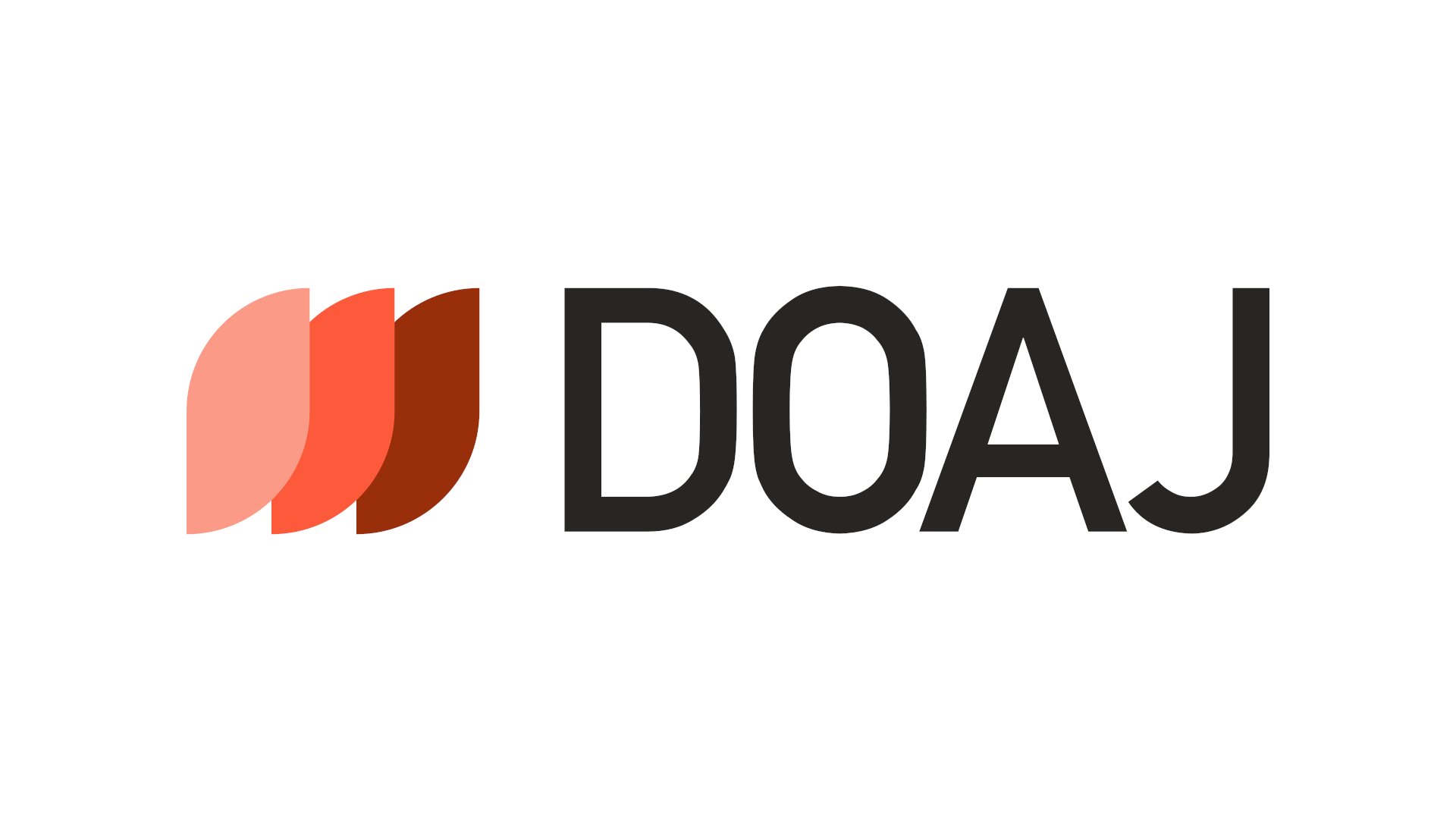Navigating the Frontier: Theoretical Frameworks and Technical Approaches to Responsible AI
DOI:
https://doi.org/10.33022/ijcs.v14i2.4789Abstract
This paper provides a comprehensive analysis of responsible AI development, examining both theoretical foundations and practical implementations. It explores core ethical principles including fairness, accountability, transparency, and safety, while also addressing emerging concepts like autonomy, dignity, and solidarity. The research analyzes competing philosophical frameworks—consequentialist, deontological, and virtue ethics—and highlights tensions between universalist and particularist ethical perspectives. The paper documents regional variations in responsible AI approaches across Europe, the United States, and East Asia, noting the concerning underrepresentation of Global South perspectives. Technical advancements in fairness are thoroughly examined, including pre-processing, in-processing, and post-processing techniques, alongside newer fairness-aware deep learning methods involving attention mechanisms and transfer learning. The work further investigates transparency challenges, comparing local and global explainability methods, and addresses the unique interpretability issues posed by foundation models and large language models. Safety and alignment techniques are also explored, including robustness against adversarial attacks, constitutional AI approaches, and various value learning methodologies. The paper concludes by evaluating measurement frameworks and assessment strategies for responsible AI interventions, offering insights into evaluation frameworks, benchmarks, and longitudinal studies needed to advance the field.
Downloads
Published
Issue
Section
License
Copyright (c) 2025 Naresh Tiwari

This work is licensed under a Creative Commons Attribution-ShareAlike 4.0 International License.





